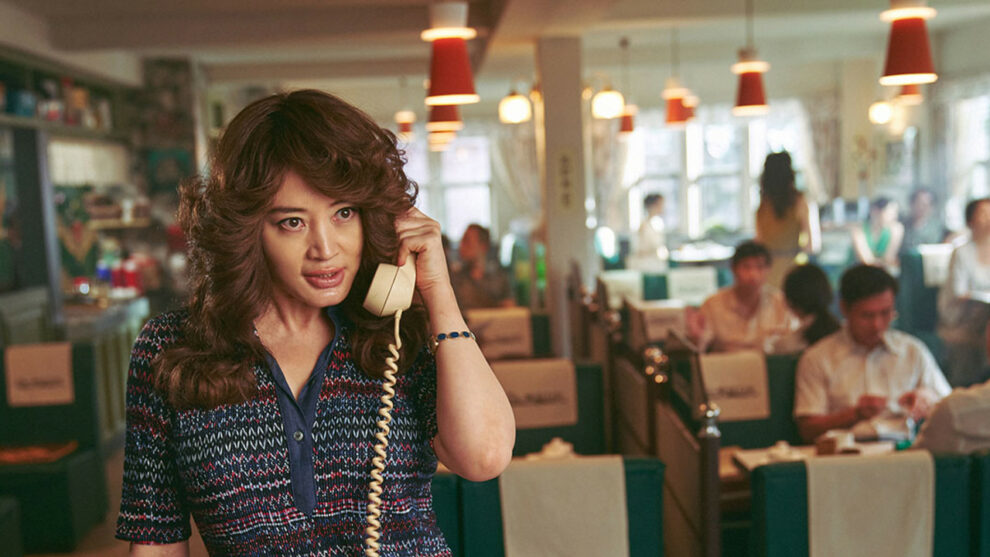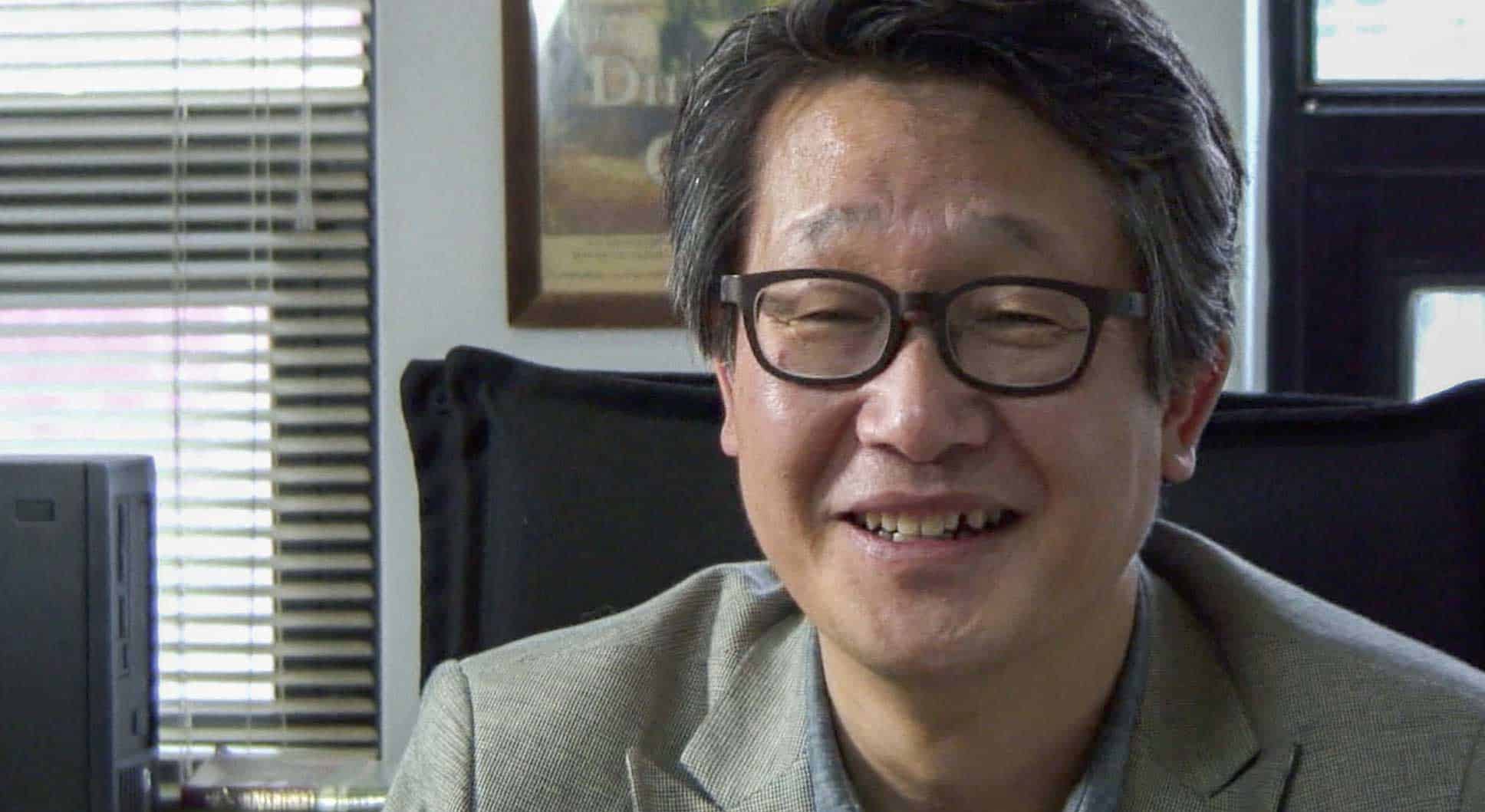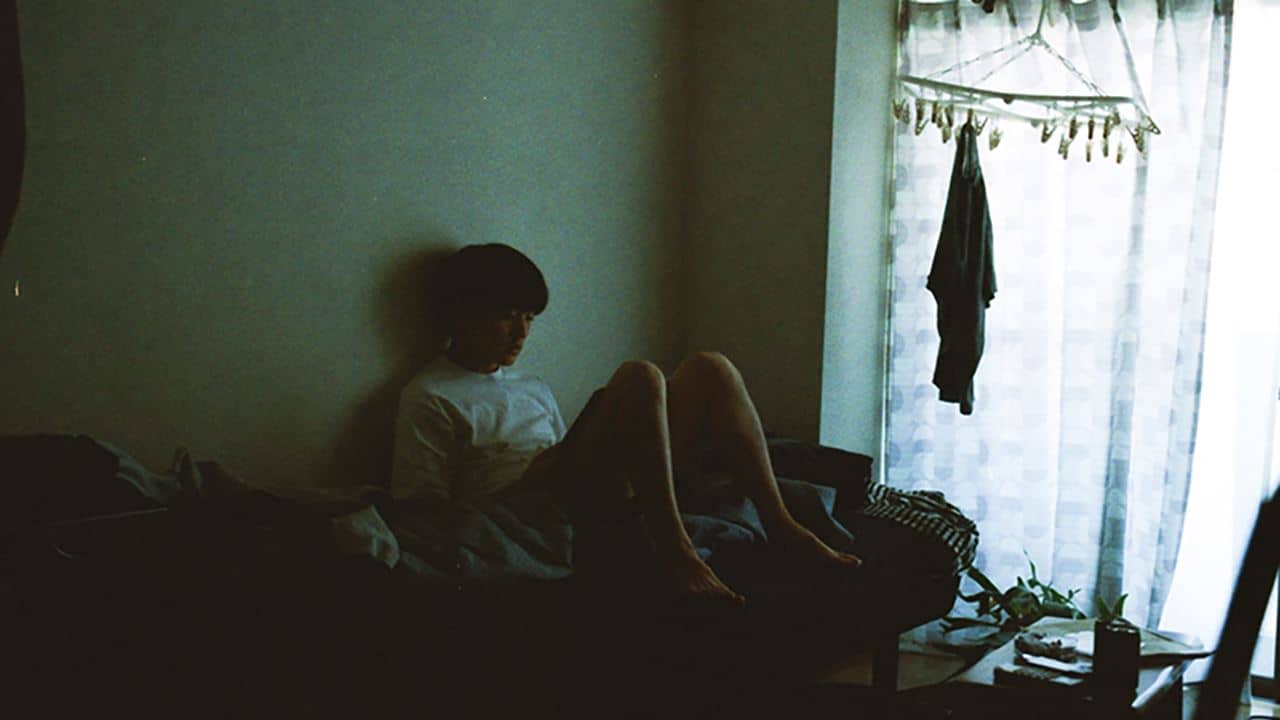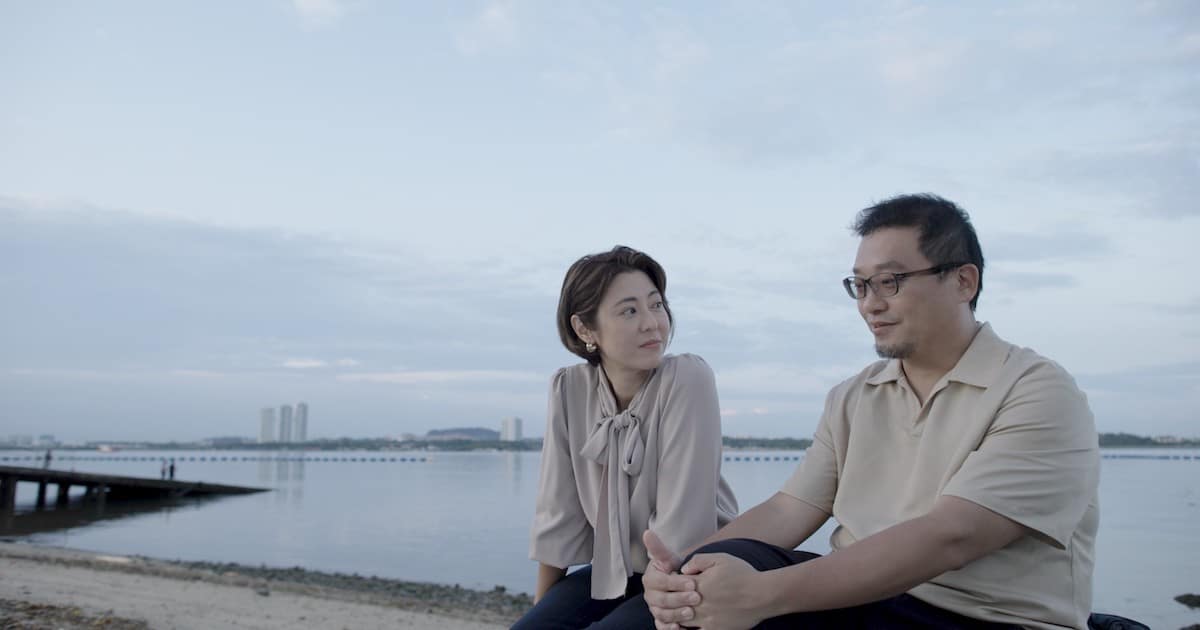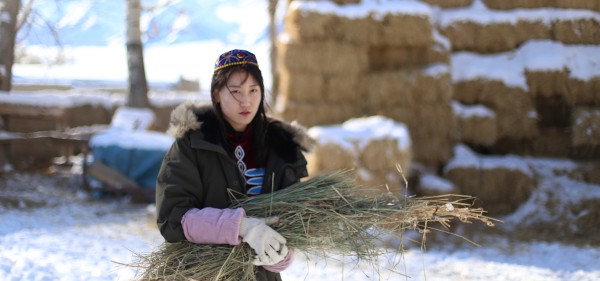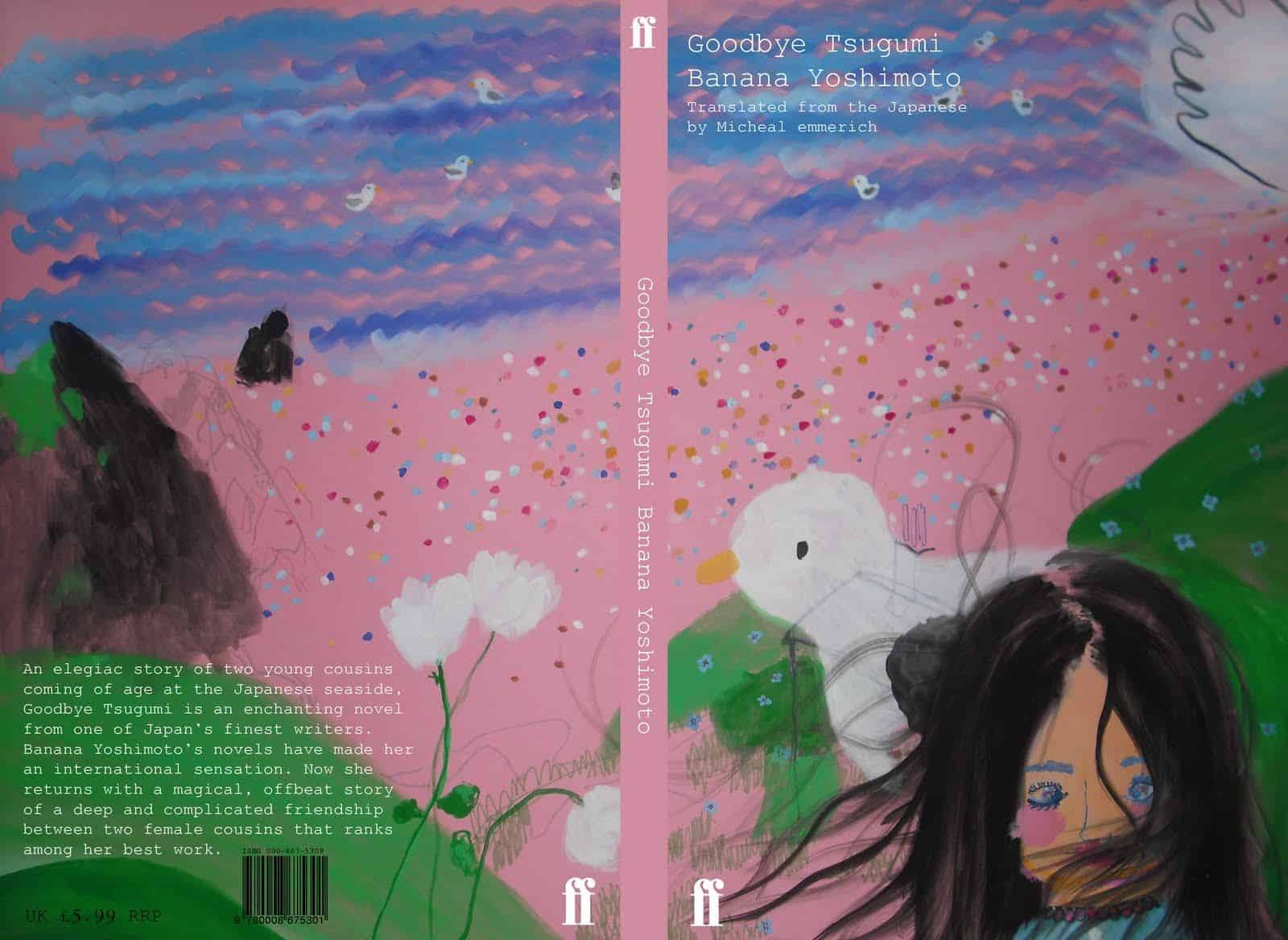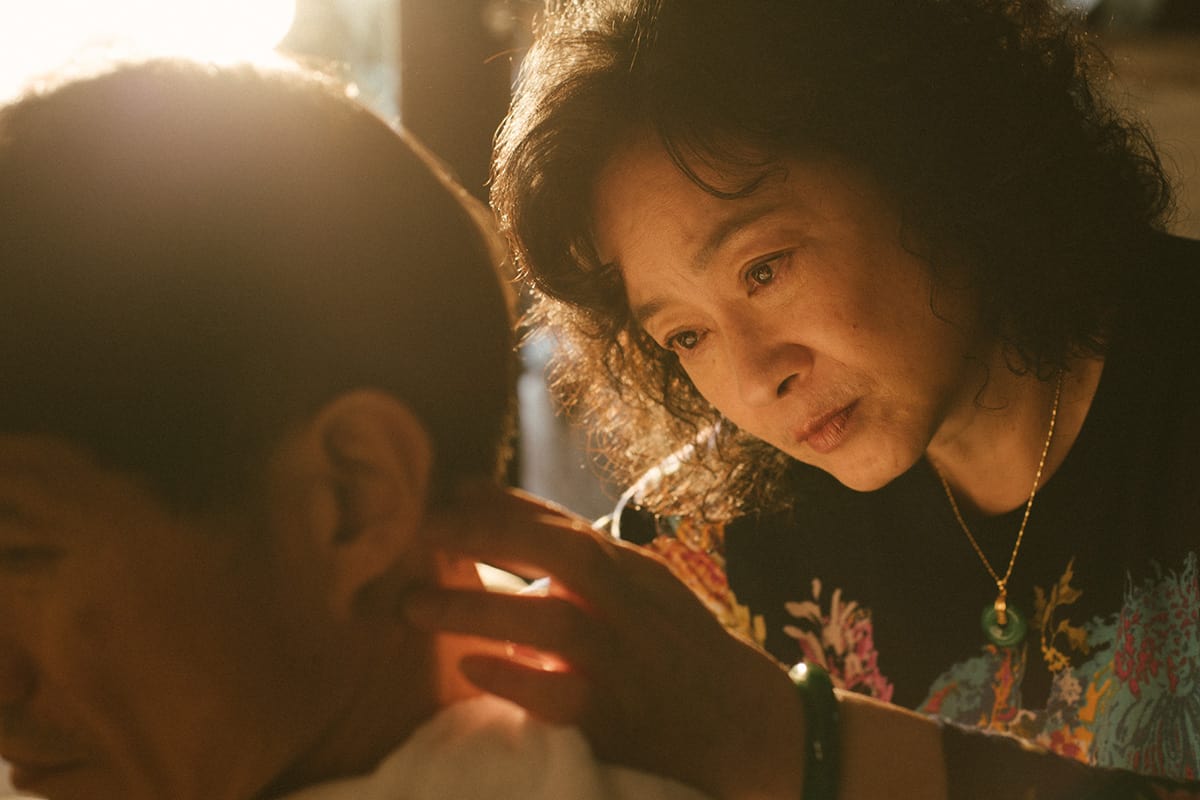by Paweł Mizgalewicz
„Smugglers” is a pretty bright and fun crime film that also delivers some really insightful look at Korea as a Western-aspiring country and at the pains of poverty. Most impressing is perhaps that it manages so well to do all of it at once, without slowing down the pace. The main characters of this female-led story are far from mysterious, dark, Scorsese-like figures that would encourage us to ponder the intricacies of human psyche in its never ending lust for power. In “Smugglers”, going against the law is a pragmatic decision born out of economic despair. Struggling fisherwomen of 1970's Jeju town face the choice in the film's opening minutes – keep diving for stinky snails of diminishing quality, trying to make ends meet, or take a chance at moving Western merchandise left on the sea bottoms of the Korea Strait. American cigarettes, cosmetics, clothes and all the most beautiful artifacts of foreign rich life are seemingly just waiting to be picked. Leave all the Biblical morality plays aside, here good and bad mean something more mundane. One character states pretty early: “I've cleaned houses since I was 14, and I've learned that being poor is a sin”.
Check also this interview
Ryoo Seung-wan is not really one for big quotes, though, and instead gets extremely visual about the theme, which guarantees a dynamic and highly posh watch where the looks also serve as the main commentary. Like most good crime stories, “Smugglers” is focused on two closely connected, yet very different characters. But in this case, Choonja and Jin-sook really represent two separate worlds, one of Korean reality and one of the forbidden, distant, global “first world”.
One of them stayed and served the sentence, the other got away and got to the business. And we can see the effects – in terms of style, crime definitely pays. Choonja and the film's many other outlaws dazzle us like a splendid advertisement of the 70's, with light-haired luscious hairdos, patterned bell-bottoms, ruffle shirts and jackets with gigantic lapels, loud jewelry and French perfume, lighting real Camels with their golden Zippos. “Smugglers” are at most moments amazingly eye-pleasing, and would be one of the most enticing displays of 70's pageantry even for American standards, but in the Korean context, the whole pomp gains more meaning than that. Because on the other side of the story, we see someone like Jin-sook – pale, grim, with a boyish haircut and plain t-shirt, a person that maybe lives just to work. She keeps talking about the ones that died in previous attempts, about the price of illegal operations. Jin-sook cannot help looking back with a sense of guilt and responsibility, while Choonja embraces modernity and the “YOLO” of the era.
Tales of poverty and prosperity have been abundant since cinema's beginnings, but rarely ever were they both such a… vibe. Just like the 70's dolce vita, the reality of being poor is communicated in strong images – the fish are all polluted by the new factory in the area, the fisherwomen take the grossest-looking bits home to eat, and their bodies are visibly under constant attack. Nothing in “Smugglers” is ever actually ugly – the diving masks we see in the opening moments are meagerly simple, but somehow still so stylish that they also look like a “Mad Men” ad – so Ryoo prefers to let violence and action convince us. In “Smugglers'” world, half of the stuff you fish out causes great danger, rubbing against edges, with breaking ropes and crates creating constant risk and drama during every pull. Trying to make a living, the fishers feel forced to dive where the urchins sting their hands, and where sharks lurk to bite them. Dismemberment is such a common theme we assume it's quite lucky to keep all your digits in this line of work. We need no explanation to immediately understand the allure of going against the law here – an honest worker's life just looks like self-abuse. Dialogue emphasizes that thrill of adventure is definitely not the point for the characters' choice of living, they just want to feed their families. When life becomes so precarious, they have little to lose.
Desperation was often the fuel for action in Ryoo's filmography, and the story of “Smugglers” turns out to be a great fit for the renown director, allowing him to reach a new level of prowess, proven by his first Grand Bell award received a week ago. For the director or “The Unjust”, “Veteran”, “Escape from Mogadishu” and many more action hits, the priority is definitely still to entertain and move forward. But more than ever, he finds depth on his way, achieved through the technical mastery of the film's many elements all working together towards the goal. “Smugglers” have a larger-than-life feel from the very first shot, when a grand drone shot shows us all the striking beauty of sailing the sea on a sunny day, and every further scene maintains that energy. The bright color grading, editing flair, the costumes, groovy music and art production all build a world just too perfectly pretty to feel real, which fits the upbeat approach. Let's just say there are enough tiny “Pulp Fiction” references – more obvious than the thick orange lines serving as split-screen borders during the montages – that it would be hard to take it all too seriously, despite the misery and violence depicted.
That's why the actors get to shine even if their characters are not very complex, with bold, fun performances all over the roster. Kim Hye-soo proves why she remains one of the country's most popular actresses, while Yum Jung-ah manages to inject some introspective substance in a story that doesn't really want to spend much time on Jin-sook. Zo In-sung steals the show for a few scenes as an intense, handsome devil of a police officer, while young Go Min-si gets a breakthrough little comical role that allows her to go all out. It would be hard to choose one highlight, but it might as well be Park Jeong-Min, as a character called “Hammer” in the cinematic English subtitles. While initially also quite silly, Hammer turns out to be a male counterpoint in this girl power story, with motives and arc more akin to what we associate with most crime dramas. What might be a quite standard character in vacuum becomes really intriguing in that context, and Park is another example of how an exaggerated performance might be just right in a movie that is balanced correctly.
Balance does not mean calmness in this case, because “Smugglers” get there by swinging wildly up and down. The movie's latter hour is basically just the build-up and execution of the main heist, but the plot twists keep opening new alleys so that it's constantly exciting and the pace remains decent. Not to spoil too much, we get some balletic fight scenes, some rare cases of underwater film action that isn't only an unreadable slog, and generally more than enough to feel full no matter which genre of summer action flick you like the most. The film doesn't really bring up many new themes past the first act, and the mentioned pragmatic approach to morality underlines the development of the action – it's all about who has the upper hand, and that might change quite a few times before “Smugglers” are over.
Some might be left disappointed that a movie about poor divers ultimately focuses on relatively shallow entertainment, and doesn't really end up as, say, a sobering feminist analysis of patterns of power. But Ryoo's fans probably mostly come to the theaters expecting cinematic confection, with exactly as many ideas as it's cool to have, and that's what “Smugglers” clearly wants and manages to deliver. It might get you interested in the phenomenon of haenyeo women on Jeju island, or in the idealized view of the Western world in Korea, but it will not try hard to do so. It will take you for a spectacular ride, and it's up to you whether you look straight ahead and scream, or stretch your head out to consider the sights around.


